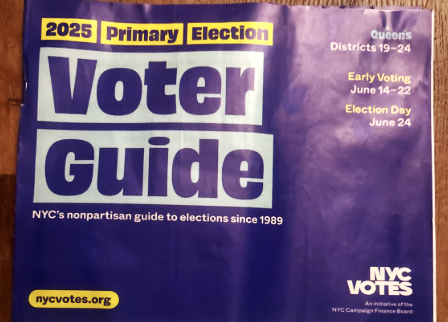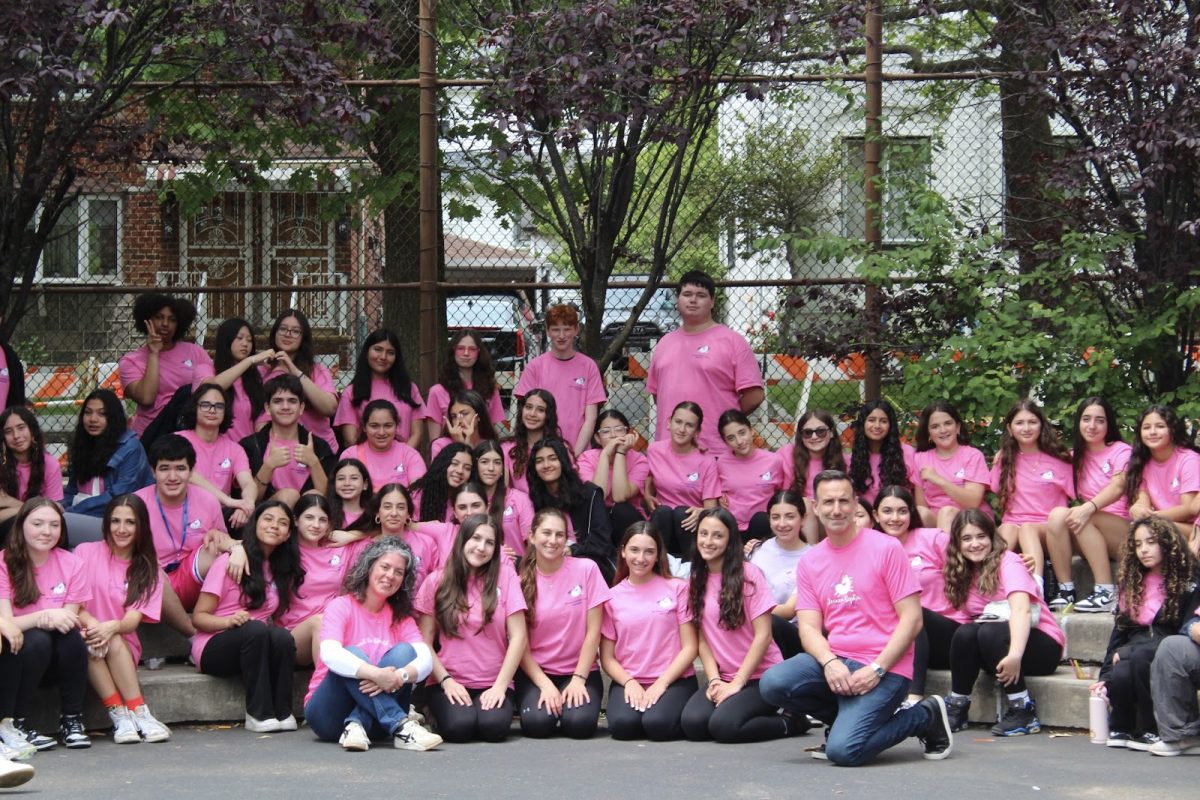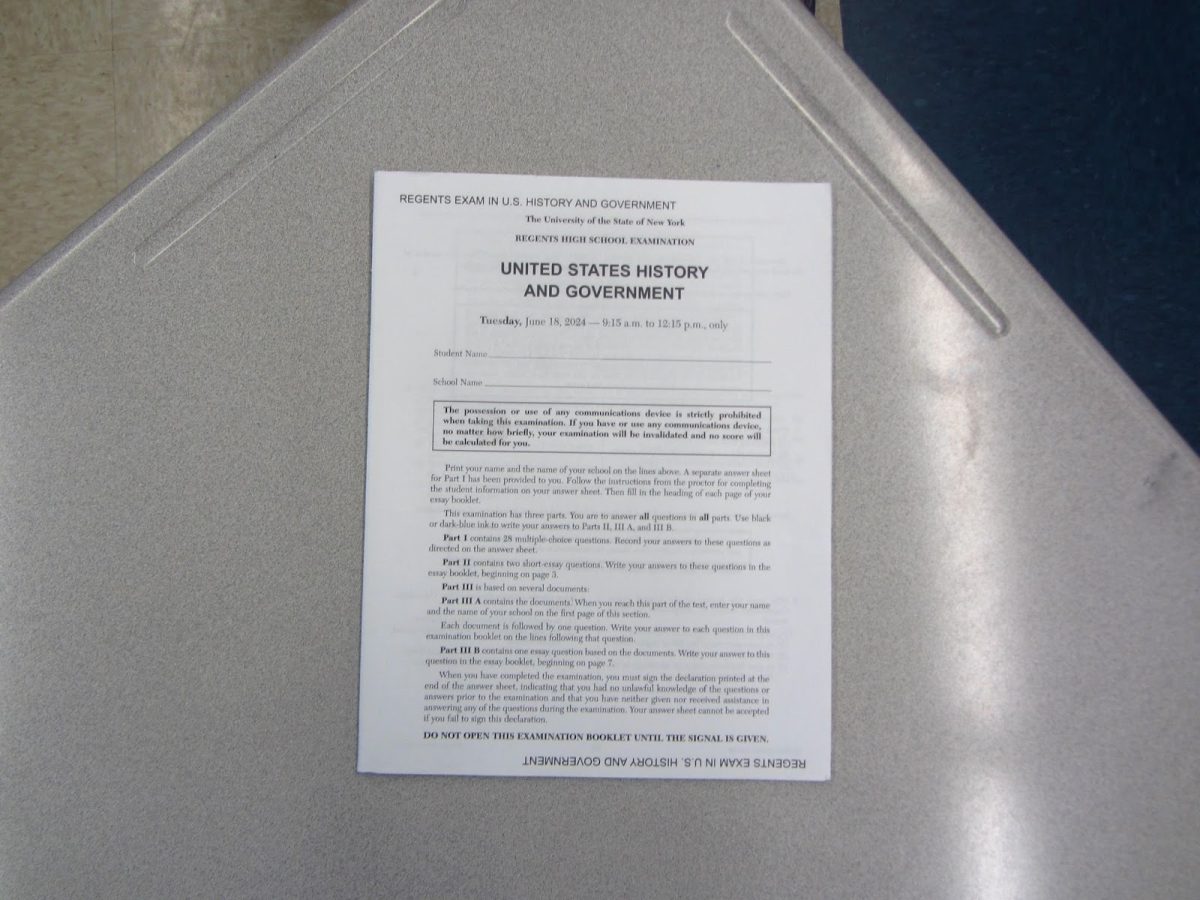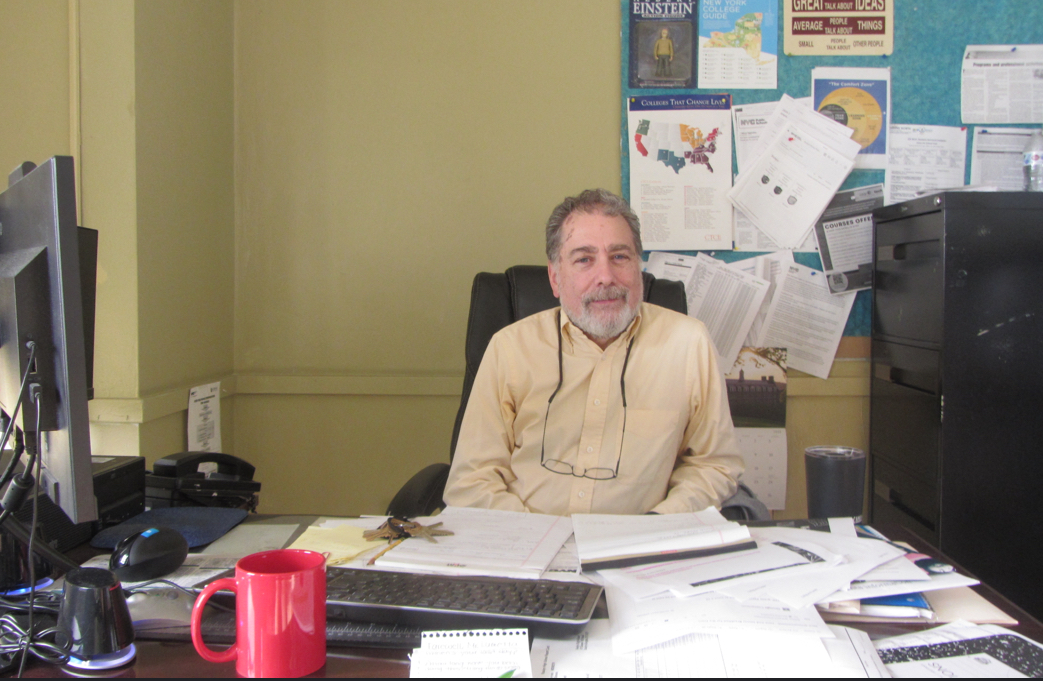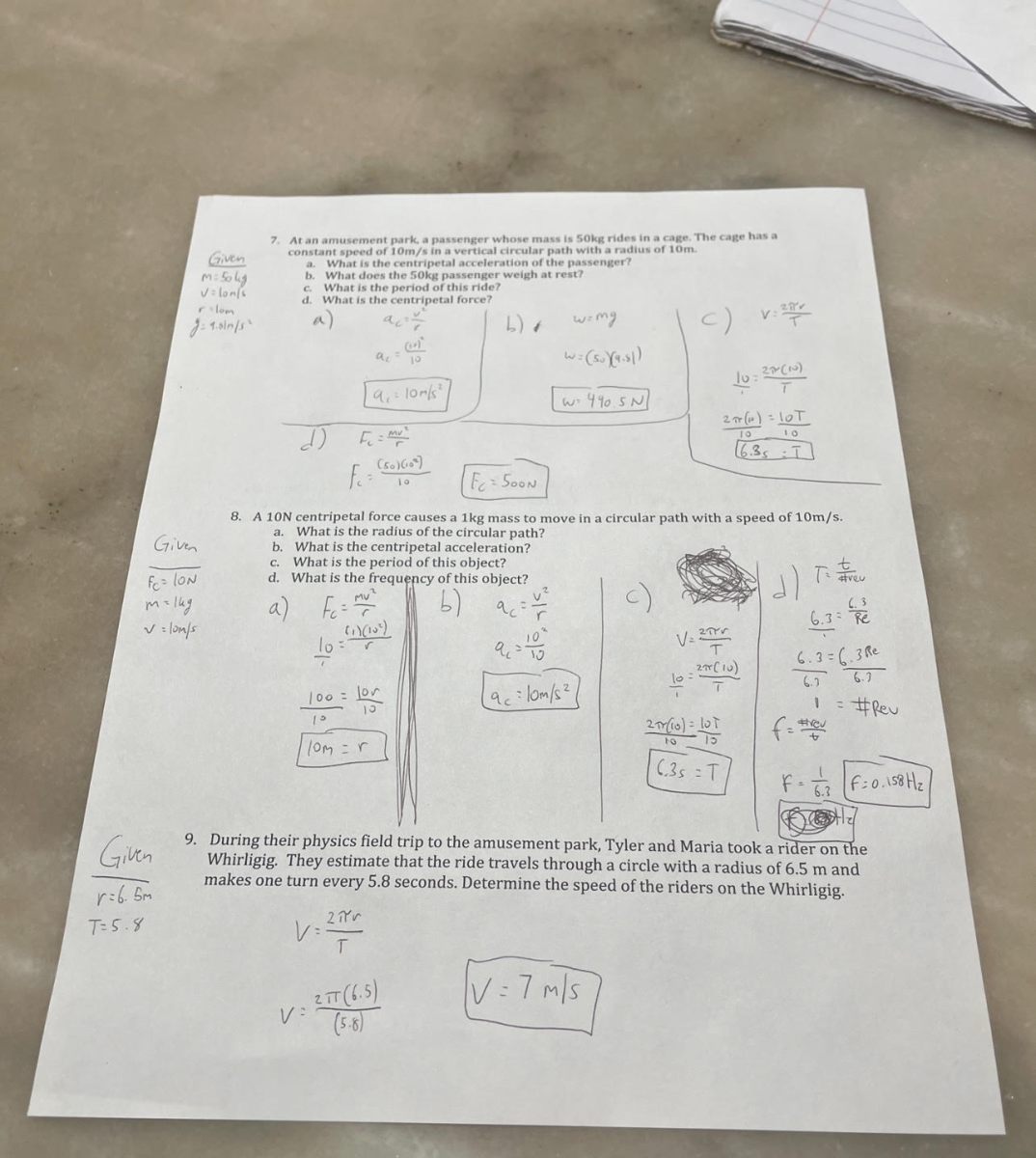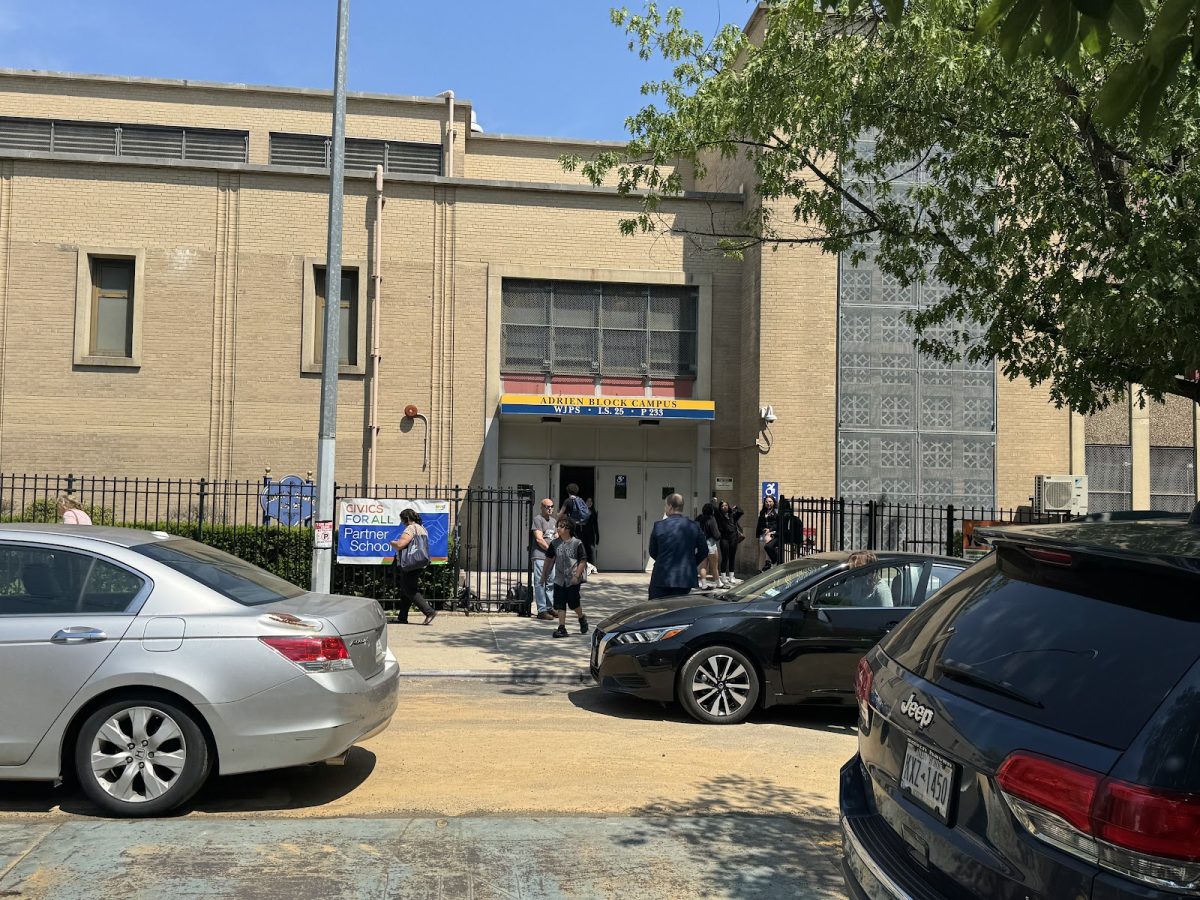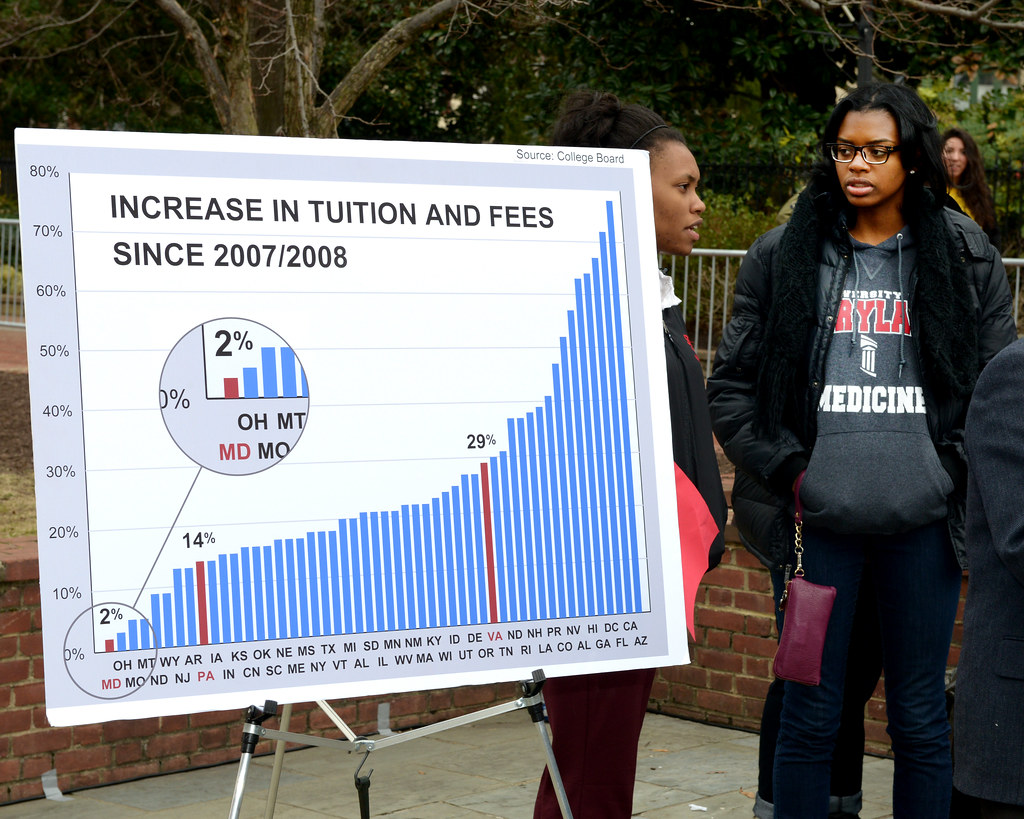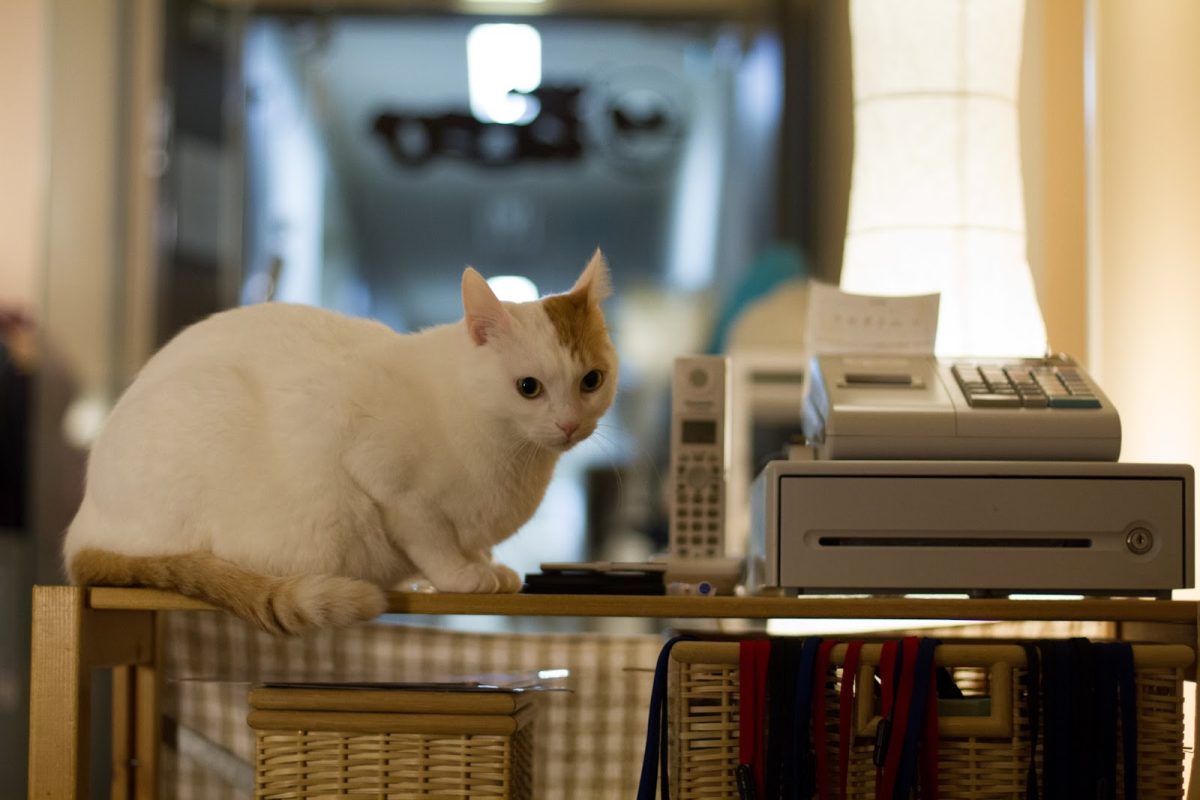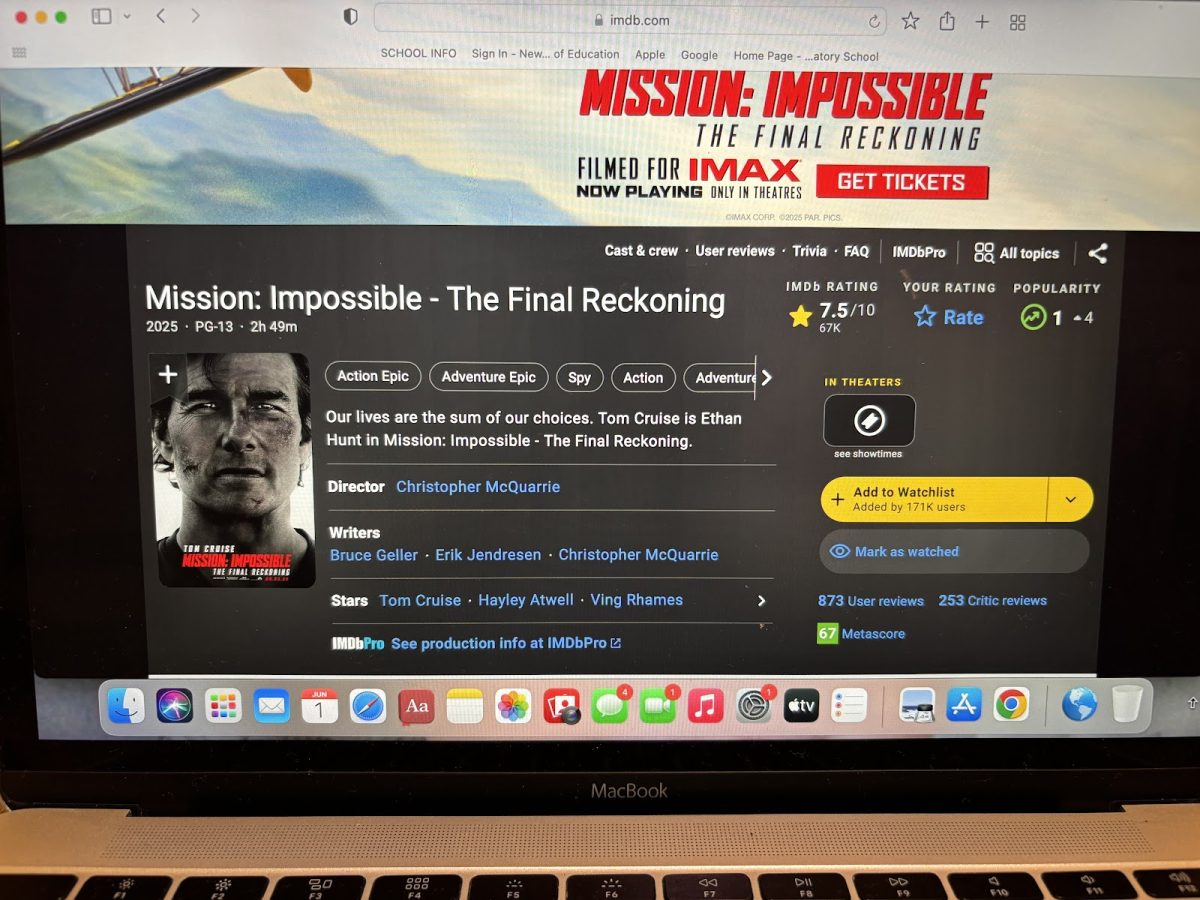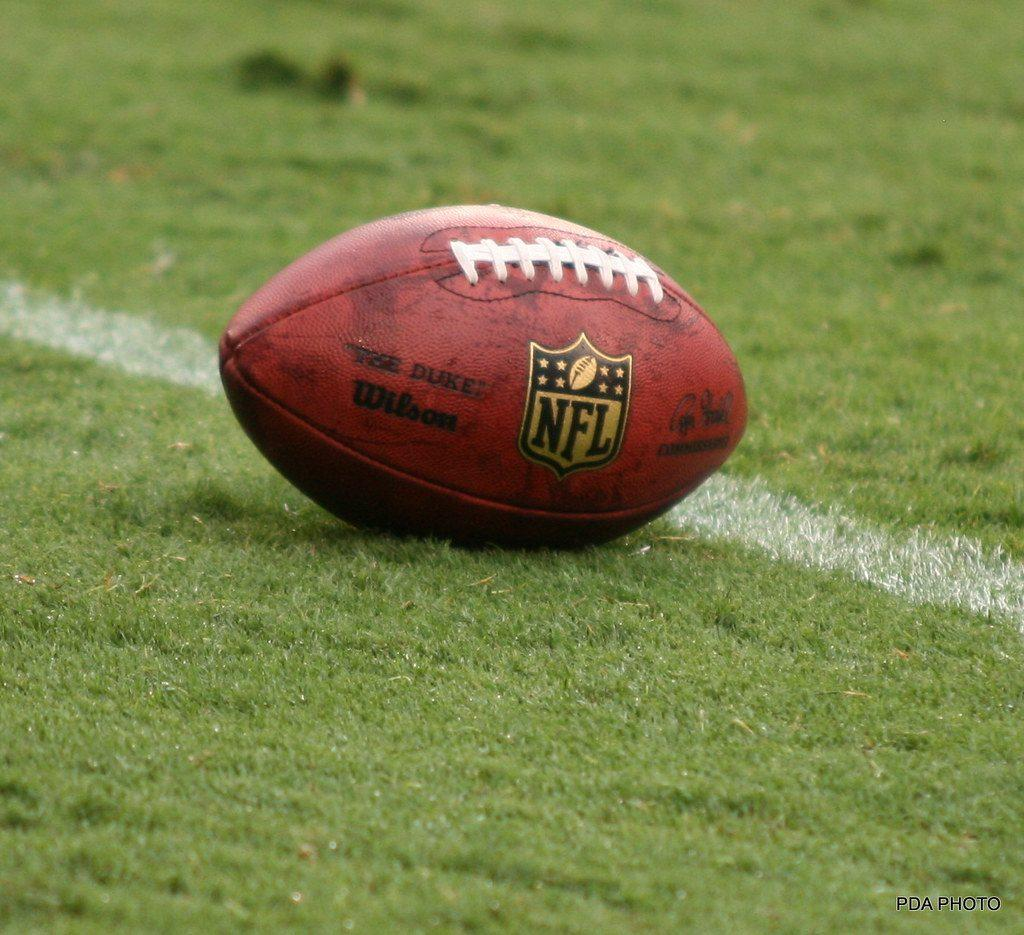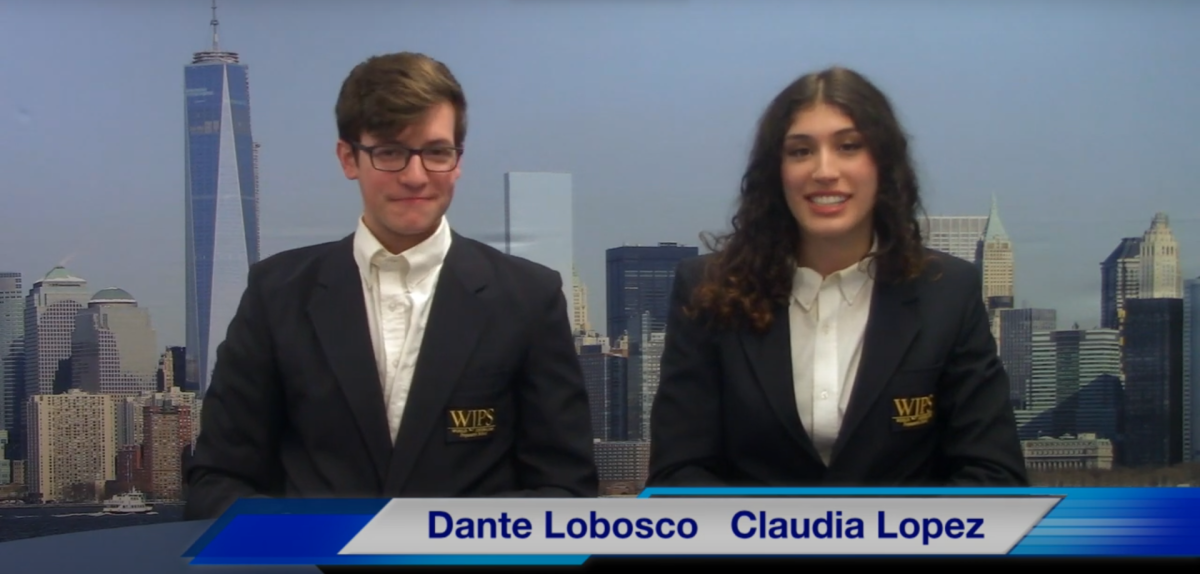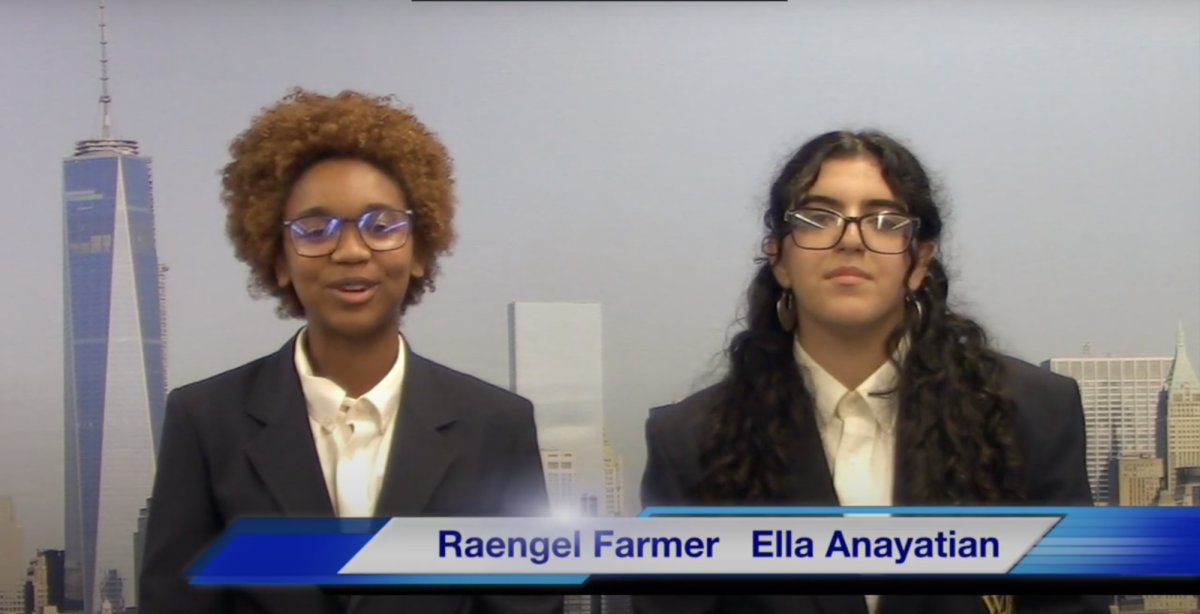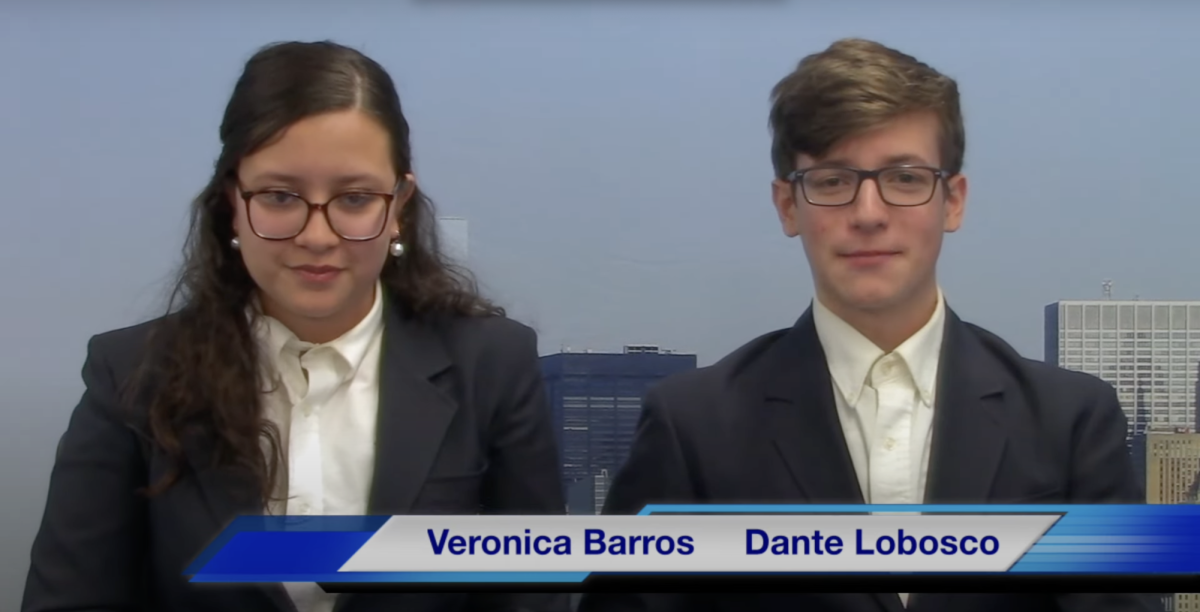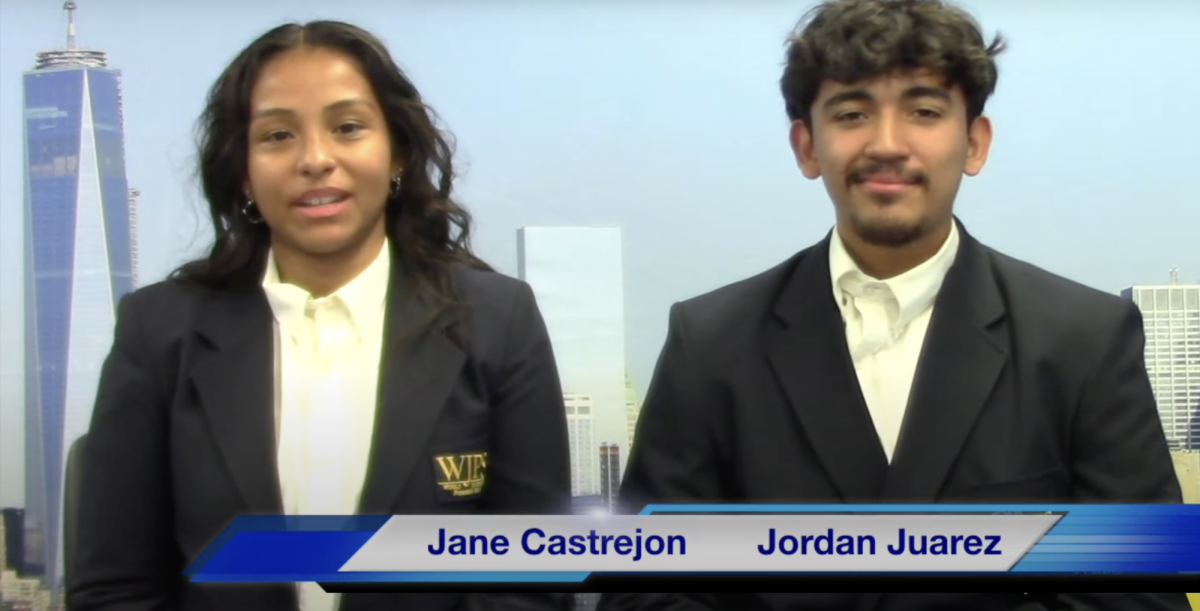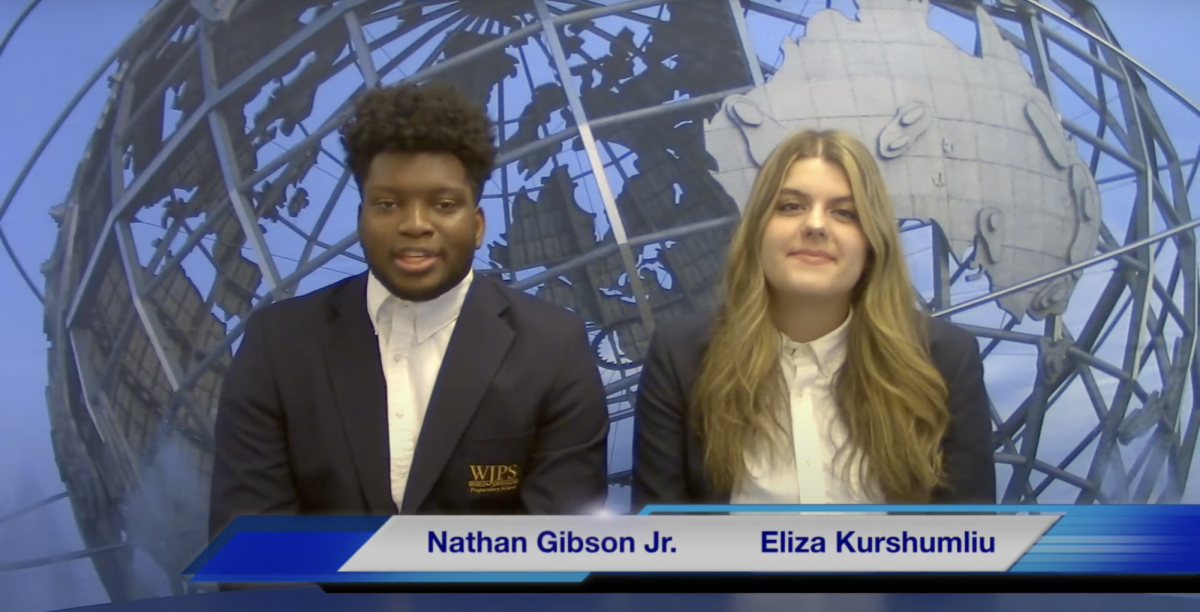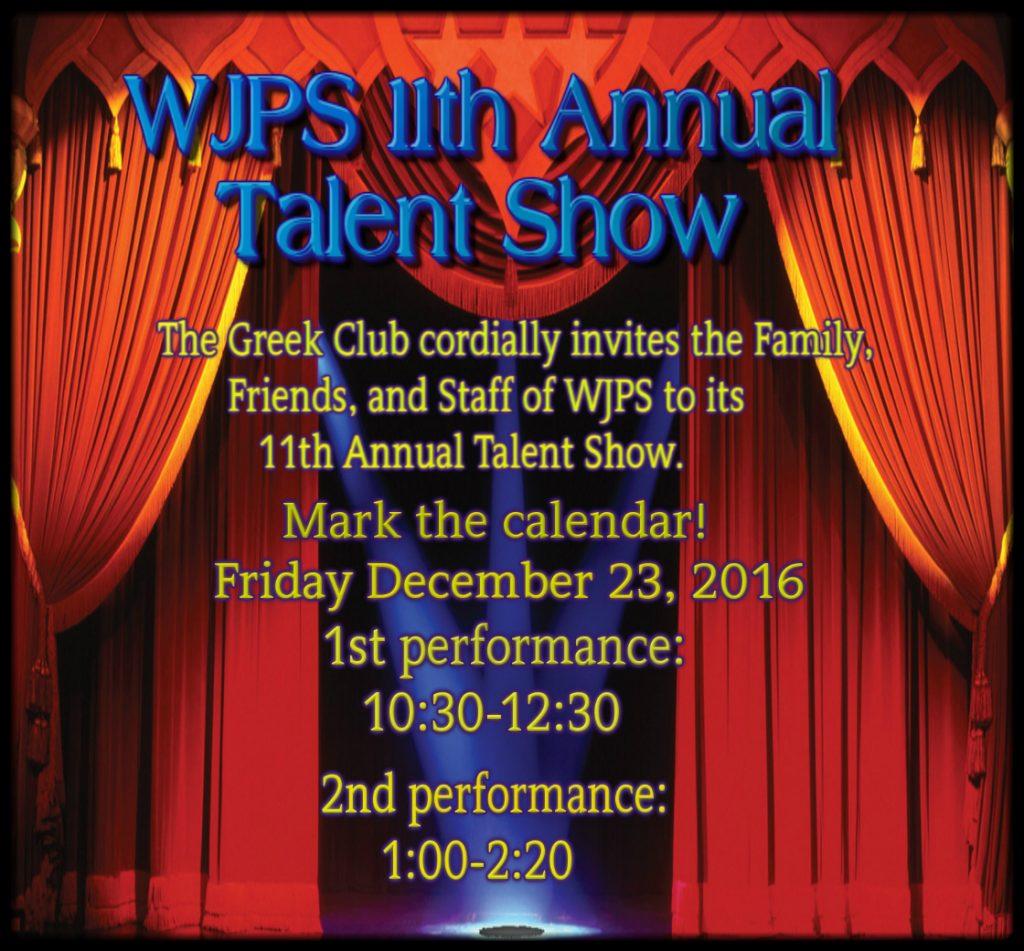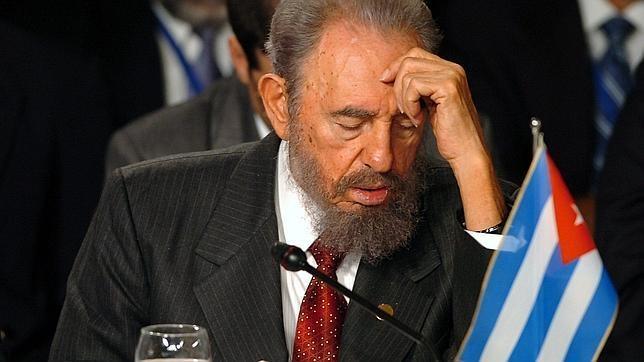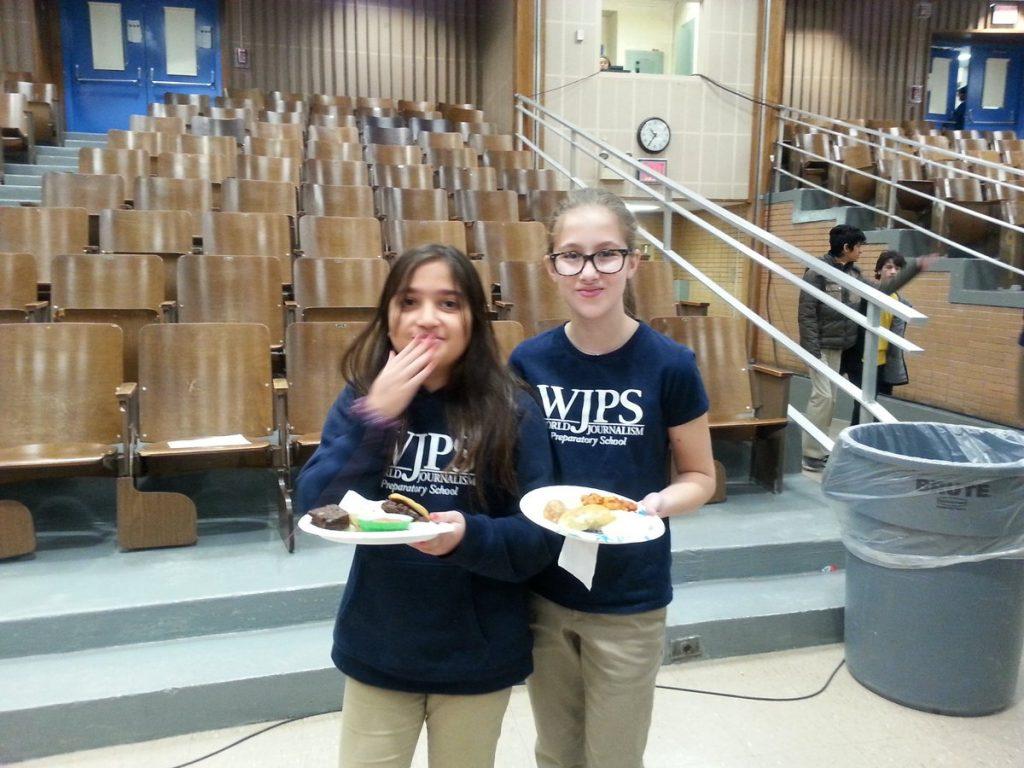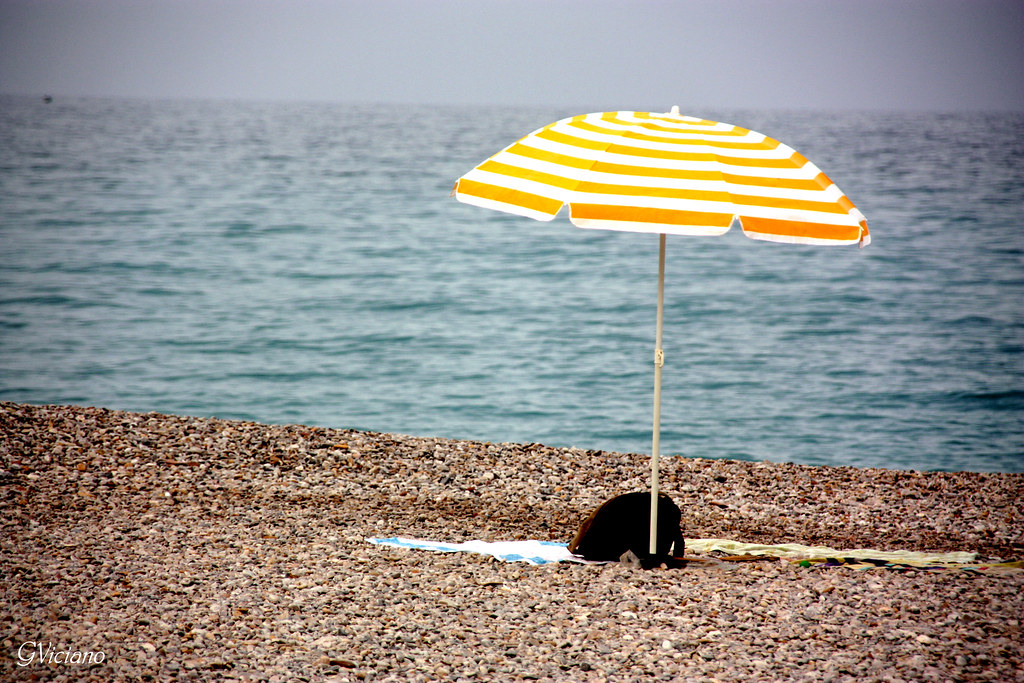by Esther Animalu, contributing reporter

In a distant corner, within the interior of a local library lies a dim, eerie bookshelf, guarded by locks and chains. A stockpile of “banned books” accumulating throughout the years, sits untouched, enclosing pages that have yet to be flipped. However, this is prompting many to question if censoring adolescents from life-learning, ethical stories could hinder them from facing the negative factors of reality.
“There are plenty of banned books, such as Hitler’s published journal. Most books are banned due to politics or the circumstances of our society. I honestly feel that banning books is unreasonable because no matter what the books my tell, they don’t put any of us in danger. We often get curious from the things that we aren’t allowed to see nor do. Banned books express a lot of that content,” freshman Keila Torres said.
Across the nation, numerous schools have been banning controversial books such as, The Catcher In The Rye by J.D. Salinger, Flowers In The Attic by V.C. Andrews, I Know Why The Caged Bird Sings, by Maya Angelou, etc. They have been banned due to their debatable language and graphic content.
According to bannedbooks.org, “hundreds of books have been either removed or challenged in schools and libraries in the United States every year. According to the American Library Association (ALA), there were at least 464 in 2012. ALA estimates that 70 to 80 percent are never reported.”
However, underneath all the vulgar language, and startling accounts, conveys a deeper meaning of each banned story. It depicts life-changing experiences and hidden morals, that when applied, can shape the outlook of students as a whole. Censoring the darkness of reality from students, impedes their preparation for negative downfalls that they may face in life.
“Students should definitely read banned books. It’s pretty ridiculous that America bans books in the first place. One of my favorite childhood authors, Judy Blume, has been banned. I have taught To Kill a Mockingbird, banned because of the “N” word. I enjoy teaching students to think about controversial issues and arrive at their own understandings and opinions,” English teacher Mrs. Marks said.
Based on firstamendmentcenter.org, it noted that, “the First Amendment rights of students are “directly and sharply implicated” when a book is removed from a school library. Therefore, the discretion of school boards to remove books from school libraries is limited. The law requires that if a book is to be removed, an inquiry must be made as to the motivation and intention of the party calling for its removal. If the party’s intention is to deny students access to ideas with which the party disagrees, it is a violation of the First Amendment.”
In relation, a significant portion of the middle and high school students were authorized to read To Kill A Mockingbird by Harper Lee, which is widely banned in various schools across the country, as a part of their English curriculum. Despite the prevalent usage of the “n-word,” it brought a light upon a broken justice system in a predominantly white county, and revealed an abundance of ethical values, virtues and actions that the students took away from reading the classic novel.
Furthermore, bannedbooksweek.org stated that, “To Kill a Mockingbird by Harper Lee, is a great American tome that stands as proof, that the censorious impulse is still alive and well in our country. For some educators, the Pulitzer-prize winning book is one of the greatest texts teens can study in an American literature class. Others have called it a degrading, profane and racist work that “promotes white supremacy.”
“Students shouldn’t be able to read banned books because they’re banned for a reason. The content may be too inappropriate for an educational environment,” Freshman Rajaa Singh said.
Many may conclude that banned books are prevented from students in order to not expose them to obscene language and suggestive stories that may lead them into
intolerable behavior. However, students are someday bound to hit pitfalls and encounter struggles. As a result, many of these banned books, addresses chilling experiences and stories that are often at times, swept under the carpet. Students need to be aware of past occurrences in order to effectively prepare for the triumphs and obstacles that the future has in store.
All in all, when reality finally hits, it will come unexpected and unannounced. An abundance of banned books have signified a profound effect on American life. It gives readers an influx of experiences and ethical values, that are written to solely to impact lives.


